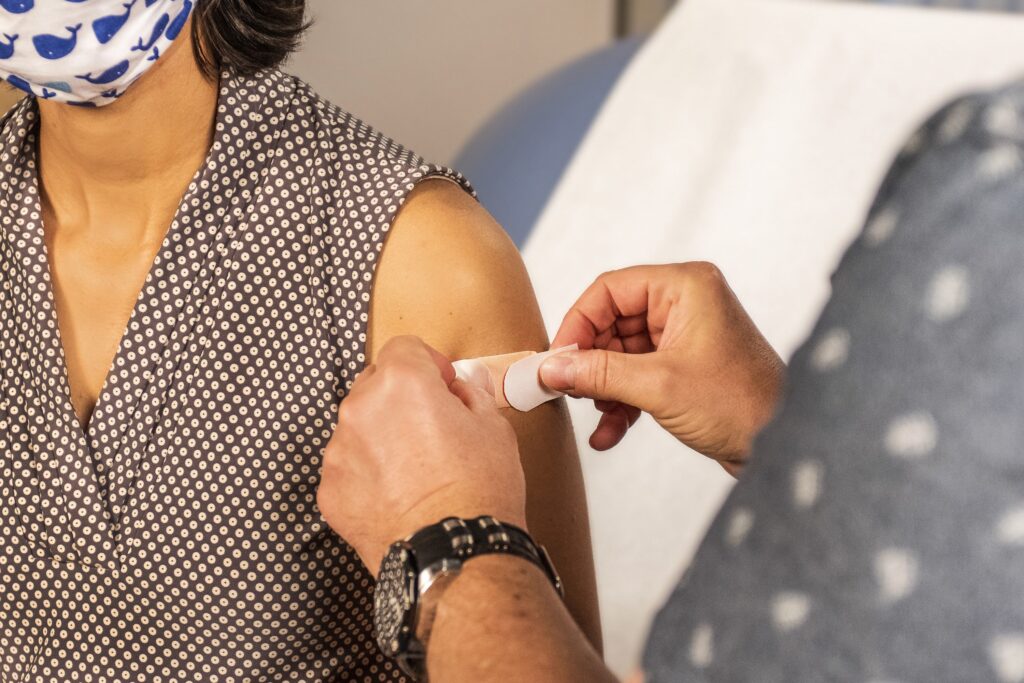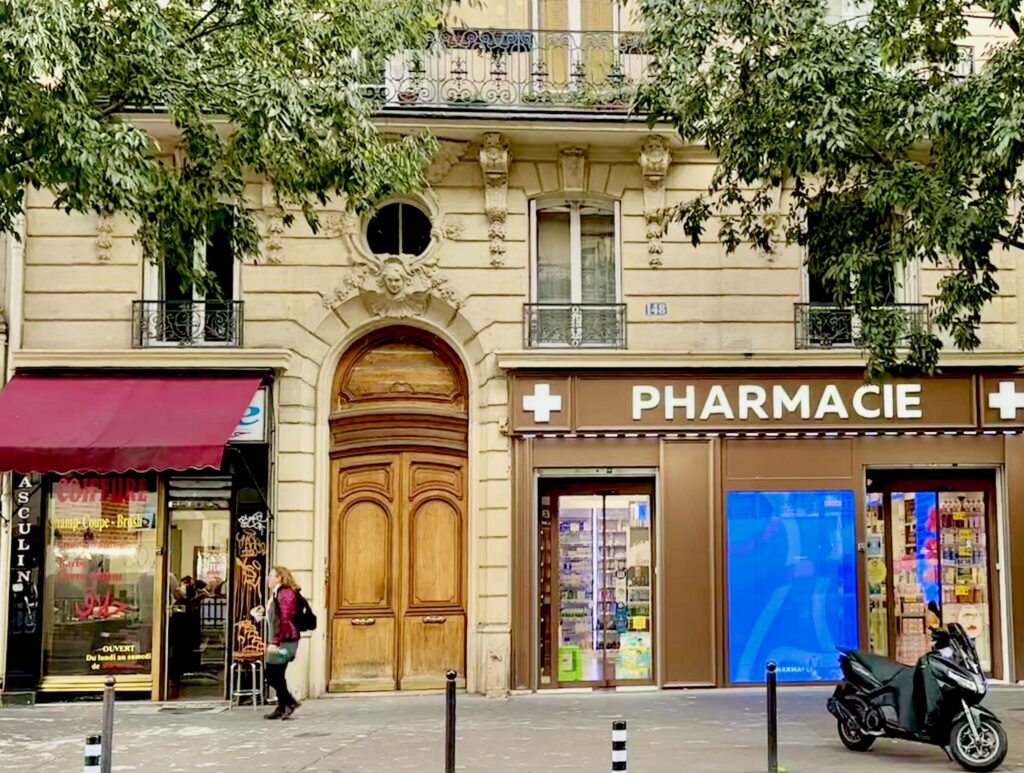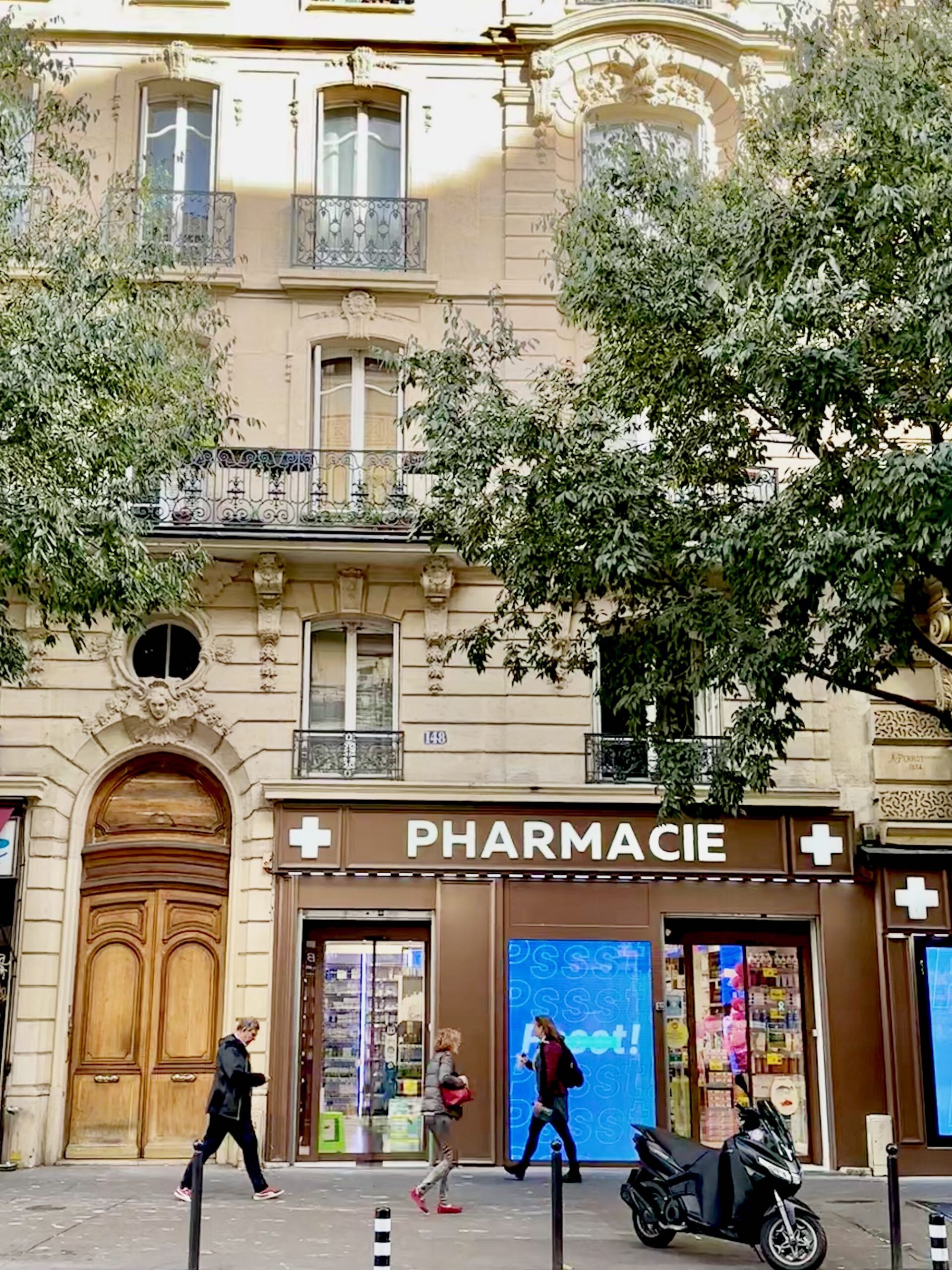This post may contain affiliate links, meaning that if you click and make a purchase, I may earn a commission at no additional cost to you. Read the full disclosure here.
Last Updated: October 10, 2024
France launches an annual flu vaccination campaign every autumn. The flu vaccine is updated yearly to protect you in the upcoming influenza season. Here’s what you need to know about where and how to get your flu shot in France.

When can you get your seasonal flu vaccination in France?
In France, the seasonal flu vaccination campaign (la vaccination contre la grippe saisonnière) runs from autumn through the winter months. The annual campaign generally begins in October and ends in February or March. Defined dates are released when the updated vaccine is ready. Campaigns are sometimes extended.
🗓️ This year, the public vaccination campaign opens on October 15, 2024.
Often, the influenza vaccine (la vaccination anti-grippale) is first available for health professionals before the public campaign opens. Additionally, in some years, priority access is given at the start of the public campaign to individuals who are more at risk, although this is not the case during the 2024-2025 campaign.
The dates above reflect the dates of the campaign for the entire general public. Anyone can be vaccinated during this time period, whether you are someone who is at risk for developing serious flu complications or not.
Who is eligible for the flu vaccine?
Everyone can get the flu vaccine in France. However, only some groups of people benefit from a 100% reimbursement of the vaccine and its injection by the national healthcare system (Assurance Maladie).
Those eligible for a free flu jab include people 65 years and older, people suffering from chronic medical conditions, and pregnant women, among others. Consult the official list on Ameli to see who is eligible for a free flu vaccination.
Note: Outside of those targeted by the free flu vaccine campaign, it’s not super common for people in France to seek out an annual flu vaccine, based on my observations.
If you’re part of the population that is eligible for a free flu vaccination, you may receive a notification through your Ameli account along with a bon de prise en charge. This voucher, along with your carte vitale can be brought along to the pharmacy in order to receive the vaccine free of charge.
⬇️ Here’s what a blank bon de prise on charge looks like for the flu vaccination. You’ll notice that the prescribing health professional has to fill in a couple of areas.
Not everyone who is eligible receives the voucher automatically. If you believe yourself to be eligible but did not receive the voucher, simply ask your doctor. This is notably the case for pregnant women who need to specifically ask their doctor (or midwife or OB-GYN) for a printout of the voucher with the appropriate boxes filled in.
Note: The form above was specifically for the 2023-2024 campaign. It is updated every year, so don’t bother downloading this one! You must obtain the current one from a health professional or through the Ameli portal.
How much does the flu vaccination cost?
Like with any vaccination in France, the cost of the flu vaccination can be divided into two parts; the cost of the vaccine and the cost of the injection.
Those in the at-risk groups will pay nothing for the vaccine as long as they present their voucher and carte vitale. They may or may not pay for the injection, depending on their situation. For those not among the priority groups, neither the vaccine nor the injection are reimbursed by Assurance Maladie.
For reference, we paid about 20€ for the vaccine and injection in a pharmacy in Paris when not in the recommended group. This price can vary.
Where and how do you get the flu shot in France?
Numerous health professionals can administer the flu vaccine: doctors, nurses, midwives, and pharmacists. Some health professionals are restricted as to who they can vaccinate. For example, a pharmacy technician cannot give the flu vaccine to anyone under 11.
If you choose to be vaccinated by a doctor, nurse, or midwife, you’ll need to pick up the vaccine itself from the pharmacy and then make an appointment with your health professional to administer it. For some, this might mean obtaining a voucher from the doctor prior to even picking up the vaccine! That’s potentially three steps total to getting vaccinated.
Note: You do not need a medical prescription, a voucher, or a carte vitale in order to get your flu vaccine. These are by no means required and only serve to facilitate reimbursements for those who are eligible.
In order to simplify the vaccination campaign, French pharmacies were recently allowed to administer certain vaccines, including the flu vaccine and the covid vaccine. In general, pharmacists can only administer vaccines to those who are 11 or older and who have not had any allergic reactions to prior vaccinations.

Going to a pharmacy is the simplest way to get your flu vaccine since it cuts out a couple of steps. If you’re NOT eligible for the reimbursement scheme, you can just walk into the pharmacy… If you ARE eligible for the reimbursement scheme, you can still walk into the pharmacy to get vaccinated, but be sure to get your voucher first.
Vaccination is a service that pharmacies can offer, meaning that they are not required to do vaccinations. In some cases, a pharmacy might not meet all of the necessary conditions in order to offer this service. For example, they must provide a confidential space in which to administer the vaccine.
Check with your local pharmacy to see if they offer vaccination services. Some pharmacies even allow bookings on Doctolib for this purpose!
Did this guide help you? Say thanks with a cup of coffee!
P.S. You can receive your flu shot and Covid-19 vaccine at the same time. They’ll administer one vaccine in each arm.
P.P.S. I tried out these arm exercises to reduce vaccine soreness after getting both jabs. Not sure if they actually worked, but it made me feel better 😅



My friends (ages 72 & 73) went to the pharmacy near Montpellier where they purchased two prefilled syringes — with flu vaccine! They injected each other at home … “cheaper and more efficient” they told me. Neither were formerly employed in the medical field.
Oh, wow! I had not considered that as an option, but I suppose you could do it that way 😅